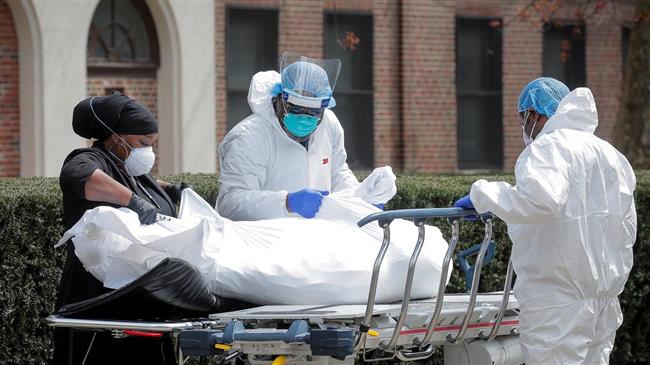Germany sees ‘worrying jump’ in Covid-19 cases
Germany is experiencing a “worrying jump” in coronavirus cases, Health Minister Jens Spahn said Thursday, as the number of new daily infections soared past 4,000 for the first time since early April.
Lothar Wieler, the head of Germany’s Robert Koch Institute for disease control, warned the country could see an uncontrollable spread of the virus.
Europe’s biggest economy recorded 4,058 new Covid-19 infections over the last 24 hours, a stark increase on Wednesday’s figure of 2,828, according to the RKI.
“The numbers are showing a worrying jump,” Spahn told a press conference in Berlin, urging Germans not to drop their guard against the deadly virus.
“Barely any other country in Europe has managed the crisis as well so far,” he said. “But we must not gamble away what we’ve achieved.”
He reminded Germans to stick to the well-known rules of mask-wearing, hand washing and social distancing.
But he also urged them to add the coronavirus app and the regular airing of rooms into their daily routines.
“We don’t know how the situation in Germany will develop in the coming weeks,” RKI head Wieler told the same press conference.
“It’s possible that we will reach more than 10,000 cases a day. It’s possible that the virus will spread uncontrollably. But I hope it doesn’t.”
The alarming jump in cases came with autumn school holidays under way or starting across Germany, prompting calls from Chancellor Angela Merkel’s government for citizens to avoid travel abroad during the usually busy period for tourism.
Germany’s 16 states were also tightening rules for domestic travel, with many agreeing a ban on overnight stays in hotels or holiday apartments for visitors from so-called risk zones within the country.
Places where new infections top 50 per 100,000 inhabitants over the last seven days are classed as risk zones, and local authorities are required to take specific measures to halt contagion.
‘Invincible’
Parts of central Berlin have slipped into the category, prompting the German capital authorities to order restaurants and bars closed from 11:00 pm.
Likewise, numbers in financial capital Frankfurt were also rising and are now just a whisker off risk-zone category.
Hotspots have sprung up elsewhere in the country, some recording mass infections from family events or private parties.
Spahn said many of the current cases were affecting younger people who were “partying, travelling, thinking they are invincible”.
“But they’re not,” he said, urging young people to think of elderly relatives for whom the disease can have serious consequences.
The RKI’s Wieler said infection numbers were rising nationwide, with experts seeing larger outbreaks as well as “lots of smaller outbreaks in many parts of Germany”.
Overall, Germany has recorded 310,144 cases since the start of the pandemic, according to the RKI.
A total of 9,578 people have died, giving the country a relatively low death toll compared with other European nations.
Source: AFP





